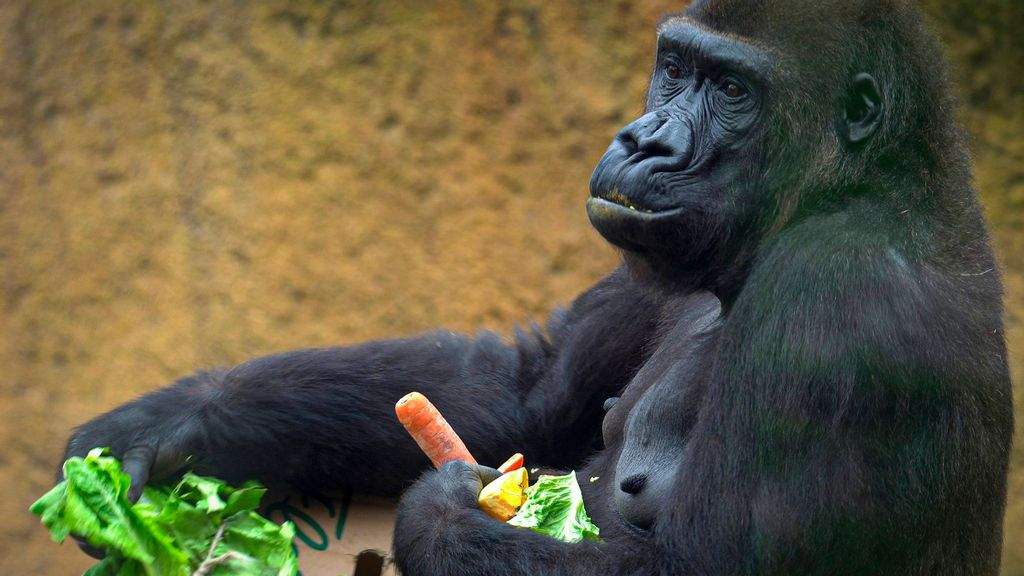Gorillas, one of our closest relatives in the animal kingdom, are primarily native to the dense forests of Africa. However, the interest and research surrounding them have extended far beyond their natural habitats, including to countries like Spain. This article explores the significance of gorillas in Spain, touching on conservation efforts, educational programs, and the role these magnificent creatures play in raising awareness about biodiversity.
1. The Role of Zoos and Conservation Centers
In Spain, zoos and wildlife parks play a crucial role in the conservation of gorillas and other endangered species. Facilities such as the Madrid Zoo Aquarium and the Bioparc in Valencia host gorilla populations as part of their commitment to conservation and education. These institutions not only provide a safe haven for gorillas but also engage in breeding programs that contribute to the genetic diversity of the species.
Moreover, many Spanish zoos participate in international breeding programs and collaborations aimed at preserving the genetic heritage of gorillas. These programs are vital for preventing inbreeding and ensuring that future generations of gorillas remain healthy and genetically diverse.
2. Education and Awareness
Gorillas in Spain also serve as a powerful educational tool. Many zoos and conservation organizations offer educational programs designed to teach visitors about gorilla behavior, their natural habitats, and the threats they face in the wild. By raising awareness about the plight of gorillas, these initiatives aim to inspire a new generation of conservationists.
Interactive exhibits, informative talks, and opportunities to observe gorillas in a controlled environment provide visitors with a deeper understanding of these animals. Educational programs often emphasize the importance of conservation and encourage individuals to take action to protect not only gorillas but also their habitats and other wildlife.
3. Conservation Initiatives
Spain is home to several organizations dedicated to gorilla conservation. These groups work both locally and internationally to protect gorillas and their habitats. Initiatives may include fundraising for conservation projects in Africa, supporting anti-poaching efforts, and promoting sustainable practices in local communities.
Spanish universities and research institutions also contribute to gorilla conservation through studies focused on the behavior, genetics, and health of these animals. Collaborative research projects often lead to valuable insights that inform conservation strategies and enhance the understanding of gorillas in the wild.
4. The Impact of Ecotourism
Ecotourism has become an increasingly popular way to support gorilla conservation efforts. In Spain, travelers have the opportunity to participate in ecotourism programs that benefit both local communities and gorilla habitats. By visiting conservation centers and participating in guided tours, tourists contribute to funding and awareness-raising efforts.
Furthermore, ecotourism provides an incentive for local communities to protect gorilla habitats. When people see the economic benefits of conserving wildlife, they are more likely to engage in sustainable practices that protect these animals and their environments.
5. The Future of Gorillas in Spain
The future of gorillas in Spain looks promising, thanks to ongoing conservation efforts, education, and community involvement. As awareness of the challenges faced by gorillas increases, more individuals and organizations are stepping up to make a difference.
Through collaborative efforts between zoos, conservation organizations, researchers, and the public, Spain can continue to play a vital role in the preservation of gorillas and their ecosystems. By promoting conservation, fostering education, and supporting sustainable practices, we can help ensure that future generations will have the opportunity to learn about and appreciate these incredible animals.
Conclusion
Gorillas may not be native to Spain, but their presence in the country serves as a critical reminder of our responsibility to protect endangered species and their habitats. Through education, conservation initiatives, and community engagement, Spain can continue to make strides in gorilla conservation, creating a brighter future for these magnificent creatures. By working together, we can help ensure that gorillas not only survive but thrive in the wild for generations to come.

Leave a Reply